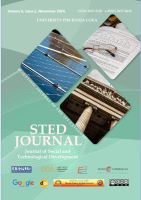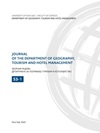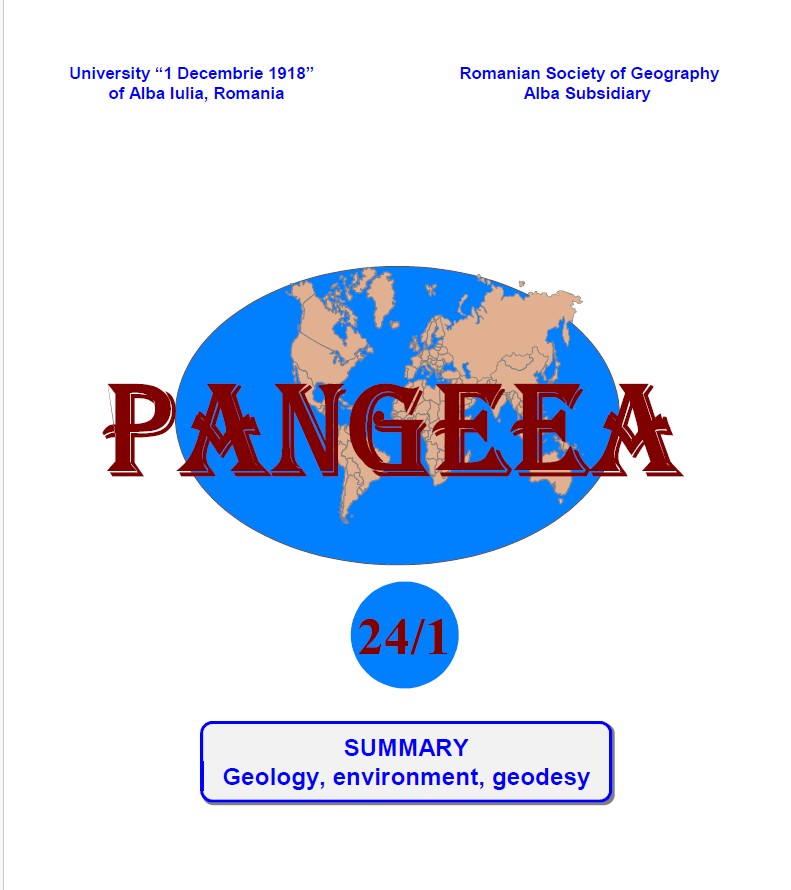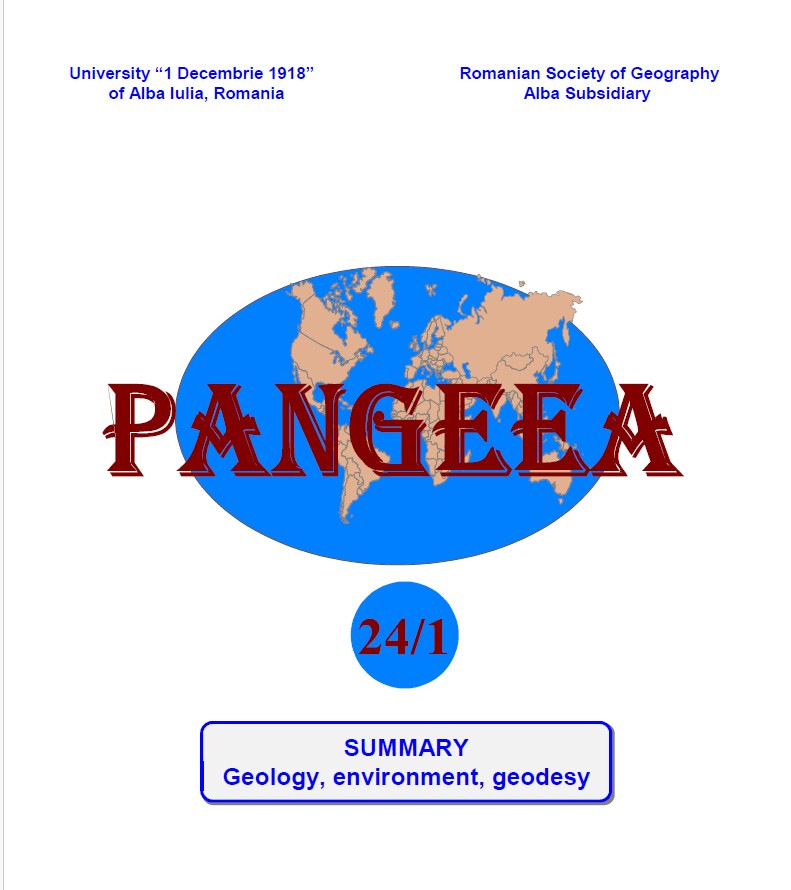Rainfall-runoff process simulation using HEC-HMS model: Study case of Rhumel Smedou watershed
Hydrological modeling is a critical and decisive technique for estimating hydrological processes and the availability of water resources. In our research, we used Hydrologic Modeling System (HEC-HMS), a 4.4 version, to achieve the affected goals, and a watershed in the east of Algeria, known as Rhumel Smedou watershed, was chosen as a case study which covers an area of 1,083 km2. A Geographic Information System (GIS) was used to analyze and process the Digital Elevation Model 30-meter resolution data accompanied with Landsat of Land Use Land Cover 10-meter resolution with accuracy to extract and deduce the basic inputs of the simulation model, which are: curve number (%), lag time (mn), impermeability (%), and rainfall (Ia) (mm). The research purpose is to compute runoff depth and volume rate for four extreme events. Two events are chosen for model calibration and two for model validation. The results of the statistical tests [NSE (%) RMSE_PBIAS (%)] proved the success and ability of the model to achieve the research objectives, and their averages were as follows: [82%_0.45_32.55%] for calibration phase, and [77%_ 0.45_30.95%] for validation phase. After calibrating and validating the effectiveness of the model, the volume and flow were predicted for different return periods (2y, 10y, 50y, and 100y).
More...




